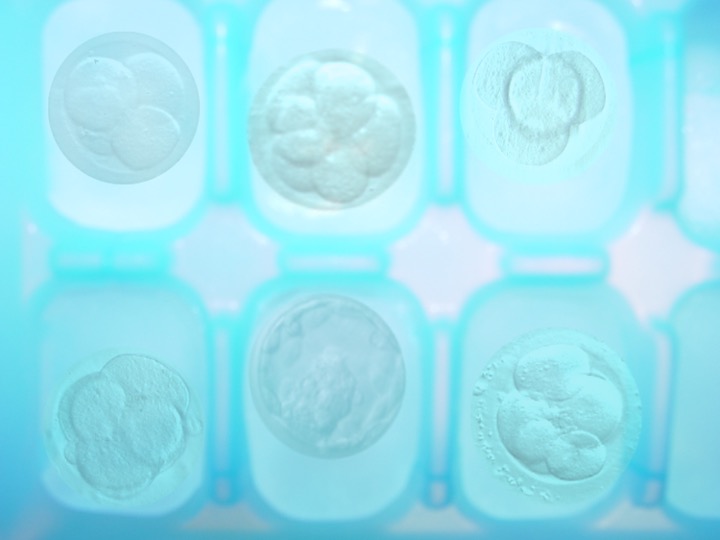On the cellular level, why a human egg lives for such a short time, compared to a human sperm?
Background:
Although some folks believe sperm should live longer, since “up to 5 days” seems like a very short time, but a human sperm still lives much longer than a human egg. A human egg only lives for 12 to 24 hours.
This article explores, on the cellular level, why an egg lives shorter than a sperm.
Analysis:
One basic understanding that we should have includes: although both are single cell entities, a sperm is a simpler cell than an egg. Also, arguably, on the cellular level, a sperm performs relatively simpler function than an egg.
Sperm:
A deeper dive into the cellular structure of the sperm reveals that it contains very little enzymes or cytoplasm, compared to the human egg. Cytoplasm is a jelly-like substance that acts as a medium for most chemical activities of the cell to occur.
The functions a sperm needs to perform include:
a) To swim (have motility), and
b) To pierce/poke into the egg
In other words, the goal of the sperm is relatively straight forward, and as a result, relatively less energy is needed throughout the sperm’s lifespan.
Egg:
The egg, on the other hand, is constantly maintaining a balancing act. The egg has to
a) Be ready to undergo final maturation following ovulation
b) Be ready for fertilization, i.e., receive a sperm
c) Be ready to develop into an embryo once becoming fertilized
Within the human egg, there are competing enzymes for different functions needed to be kept in balance. This balancing act takes up a lot of energy for a single-cell entity, and therefore, the egg can not sustain itself for very long. It dies after 12 to 24 hours of maintaining this delicate balancing act.
Summary:
An egg performs relatively more complex function, as a single cell entity, compared to other cells such as a sperm. That is one of the factors that it lives for such a short time.
An egg needs to be fertilized within that 12–24-hour window, in order to have a chance of conceiving a baby naturally. This means an intercourse needs to happen approximately 4-5 days prior to a woman’s ovulation or on the day of the ovulation.
If a successful fertilization does not happen, the egg will die after 24 hours or sooner from maintaining that delicate balancing act, and the couple will need to wait until the next cycle to try again for conceiving a baby.
Disclaimer:
This article does not constitute medical advice. Please consult your doctor for your specific situation. Lifestyle choices are individuals’ choices.
It is written by Eggschain editors, scientifically reviewed by Dr. Kenneth Drury, PhD, HCLD, who holds a Post-Doc in Molecular Function of Maturation Promoting Factor from University of California Berkeley, is medically reviewed by Dr. Carolyn Thompson who is a board-certified OB/gyn, FACOG MD in Medicine, and is also medically reviewed Hugh Taylor, MD, the Anita O’Keeffe Young Professor and Chair, Department of Obstetrics Gynecology and Reproductive Sciences at Yale School of Medicine and Chief of Obstetrics and Gynecology at Yale-New Haven Hospital. He is also Professor of Molecular, Cellular and Developmental biology at Yale University.
Photo courtesy of Dr. Kathleen Tucker, PhD.






